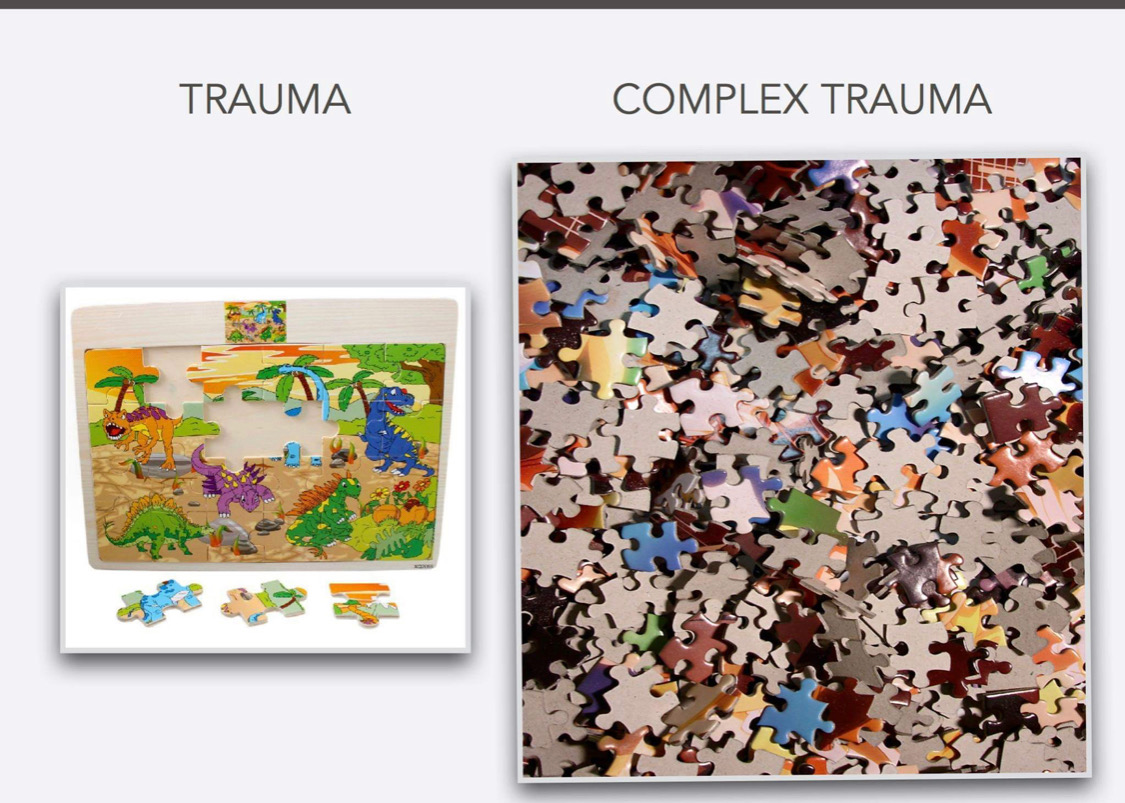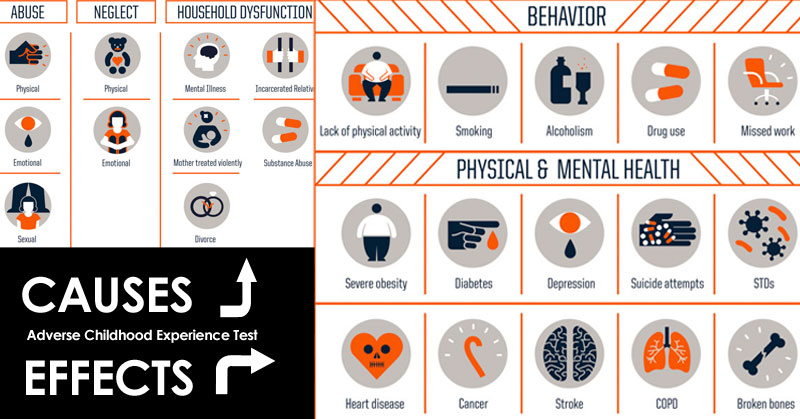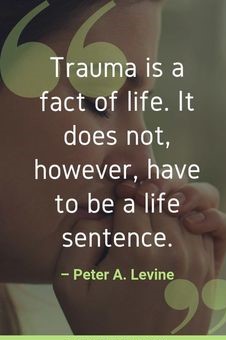Complex Trauma
Complex trauma symptoms :
- Difficulty managing emotional responses (anger, depression, and suicidal thoughts)
- Detachment, including bouts with memory loss or dissociation
- Negative self-image, shame, and guilt
- Trouble with relationships, including self-isolating and difficulty trusting others
- Unhealthy fixation on the abuser
- Loss of religion and other beliefs
- Sense of hopelessness
 Developmental Trauma
Developmental Trauma
Developmental trauma stems from the repeated, often unnoticed mistreatment or abuse experienced during childhood. These experiences, which may include verbal abuse, neglect, or manipulation by a parent, accumulate over time, leaving the child feeling helpless and trapped. In environments characterized by parental inconsistency, emotional abandonment, or unpredictability, children endure what can be described as “invisible trauma,” leading to profound psychological and neurological disruptions.
While physical or sexual abuse is more easily recognizable, the detrimental effects of inadequate or harmful parenting can go unnoticed. Emotional damage resulting from alienation or emotional abandonment is particularly challenging to identify, leaving affected children feeling bewildered and confused by their pain.
The Adverse Childhood Experiences
Children with developmental trauma disorder typically have symptoms of PTSD. In addition, they often struggle with mood regulation, anger, aggression, self-injury, and an unhealthy need for control.
Changes in the brain affect their development and their ability to trust their adult caregivers. A study done by Kaiser Permanente and the Centers for Disease Control found that almost a third of adults who had symptoms related to developmental trauma disorder had a parent or caregiver in their home who abused alcohol or drugs.


Contact me for a FREE 15 min phone consultation!
